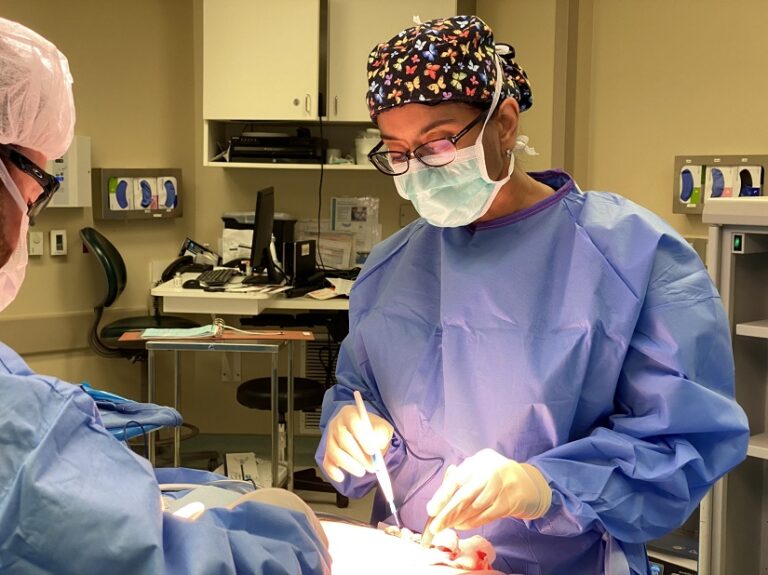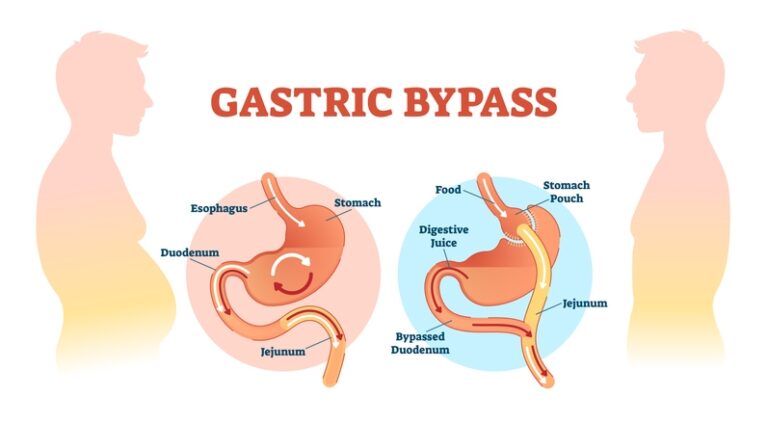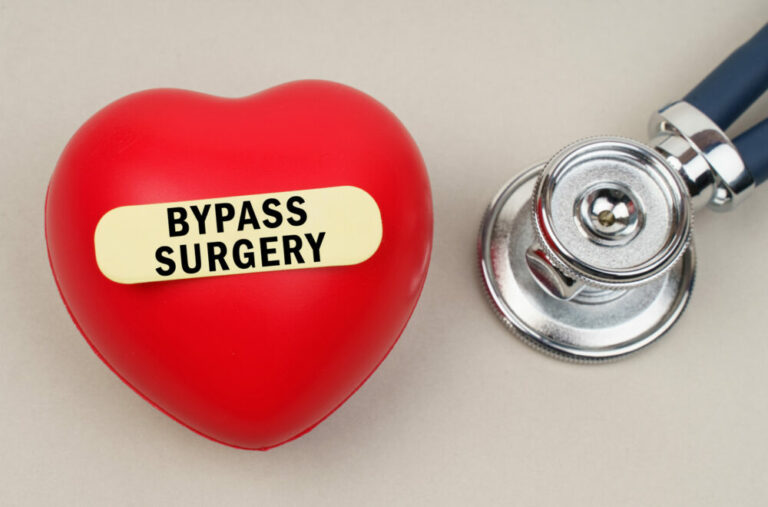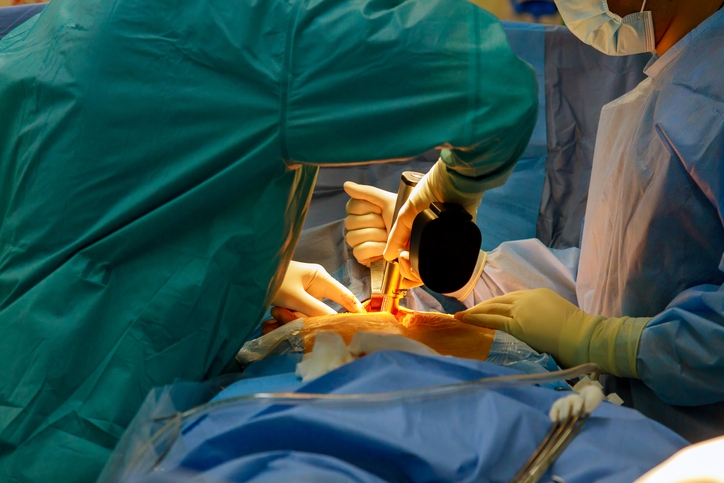Weight Gain After Gastric Bypass Explained
The promise of successful weight loss after gastric bypass or other types of weight loss surgery can be encouraging, but there are many challenges people face as well. Losing weight still takes effort, and the recovery process often requires a highly limited diet. This can impact one’s sense of wellbeing, making it difficult to follow through with the dietary requirements put in place after surgery.
As a result, weight gain often occurs after weight loss surgery.
Weight Gain After Gastric Bypass Surgery
Studies have shown that some patients regain some of their lost weight about 2 to 10 years after bariatric surgery. While the weight regained isn’t typically anywhere near the amount lost, it’s still easy to be concerned.
There are a number of factors that make weight gain more likely after weight loss surgery. Research has found the following to be common predictive factors:
- A diminished sense of wellbeing
- Concerns about alcohol or drug use
- Increased food urges
- Lack of a support system
- Weight prior to surgery
Outlet dilation—in which the outlet in your stomach widens—may also be a cause as well. A lower sense of satiety may result from outlet dilation, but it can be repaired with revisional surgery.
Ways to Address Post-Operative Weight Gain
It’s normal to see your weight loss results slow down several months after surgery, but weight regain should be addressed in order to maintain the benefits of your surgery. Fortunately, there are many ways you can counteract post-operative weight gain.
Begin Developing Healthy Habits Before Weight Loss Surgery
If you haven’t had bariatric surgery yet, establishing healthy habits before your operation can increase your chances of success afterward. Healthy habits include implementing an exercise routine, changing your diet, and getting professional support for any psychological components behind your weight.
Find Ways To Remind Yourself of Why You Had Surgery
After surgery, the challenge of losing weight can still be discouraging. It may be tempting to give up or indulge in unhealthy habits once results start to slow down. One way to keep yourself on track is to find ways to remind yourself of the reasons you decided on weight loss surgery in the first place. Some ideas here include:
- Daily affirmations
- Keeping a journal
- Creating a vision board
By keeping your reasons for bariatric surgery in the forefront of your mind, you give yourself something to hold on to, potentially increasing your odds of success.
Find Professional and Emotional Support
Of course, external support is just as important as internal strength. Friends and family can help encourage you on your weight loss journey, as can more formal support groups. Nutritional counseling and psychiatric support can also give you the advice, tactics, and accountability you need to continue moving forward.
Avoid Grazing
Snacking or grazing is often a culprit behind weight gain since it can add calories without providing much in the way of nutrients or satiety. In addition, it may affect the stomach pouch created by gastric bypass. Focusing on protein during meals can help you stay full longer, as can creating “outs” for when you have a non-hunger related urge for food. Talking to another person or finding something interesting to do can be great ways to deal with cravings.
Follow Your Nutritional Plan
In addition to avoiding grazing, it’s vital that you stick to your nutritional plan after gastric bypass. Working with your nutritionist and bariatric surgeon, you should have a solid plan for getting the nutrients you need while also helping you feel full after meals. Protein in particular helps with satiety, and prioritizing nutrients can help you fuel your body in a healthy way.
Don’t Beat Yourself Up
Finally, if you ever slip up, don’t beat yourself up. Remember that you’re not just fighting a single battle—you’re fighting a prolonged campaign for your health, and one battle isn’t going to cost you the war. If you make a mistake or the going gets tough, pick yourself up and try again. Talk to someone in your support system, focus on things you can do right now to do better, rest when you need to, and keep moving forward.
Help with Weight Regain After Weight Loss Surgery
Successful weight loss after bariatric surgery is all about consistency and support. Talking to a skilled bariatric surgeon like Dr. Malladi is the first step. Learn more about how to be successful in losing weight by getting in touch.







